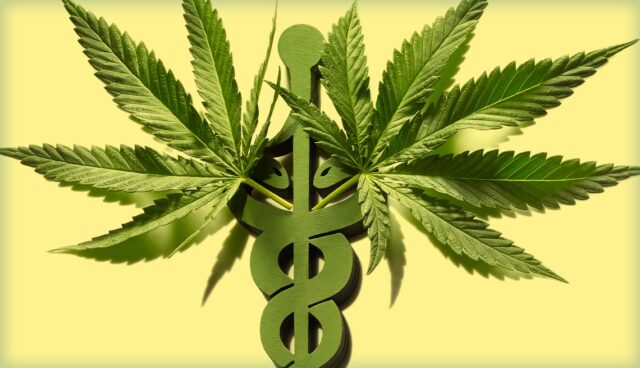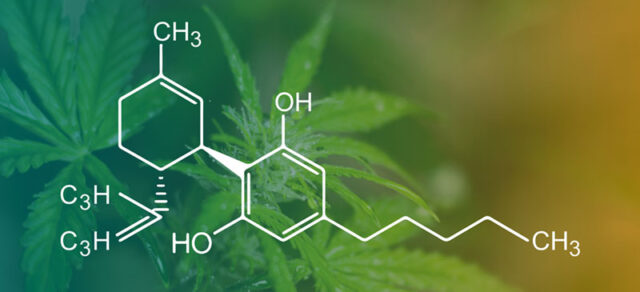
Cannabis has been known by many names, both scientific and street names. Among the commonly used street names the mostly used are ganja, hemp, Indian hemp, pot, weed, and bud to mention but a few. Cannabis sativa, the scientific name of the cannabis plant, can be used in various ways, some designed to achieve a longer-lasting high using methods that only the millennials and the generations after know about. Among the ways it is taken today include:
- Smoking
- Gravity bongs
- Vaping
- Boiling (as green tea)
- Baking (in cookies)
In some states, the use of cannabis has been legalized while it’s still illegal to use in other countries. Needless to mention are the misconceptions surrounding the use of it. While research is still ongoing on the medicinal use of the plant, a person must tread carefully on what they know and what they don’t know about the plant. That said, we’ll be taking a closer look at the effects of cannabis and why it’s addictive. These are the effects:
1. Physical Effects of Cannabis

The effects of cannabis can vary astronomically from person to person. To some, it can make them chatty while to others, it can leave them with a happy feeling and chilled out. According to rehabclinic.org.uk, all this will depend on factors such as the mood a person is in, the environment they’re exposed to, how much one has taken it, and how often they take it. She also recommends rehabilitation to patients who are willing to quit cannabis and reform. Below are the physical effects of taking it:
- Respiratory problems – Long term use of cannabis when smoked can result in sore throat, asthma, wheezing, shortness of breath, and bronchitis. Smokers are also at a higher risk of contracting lung cancer.
- Weakened immune system – This is mainly a result of the main psychoactive chemical found in marijuana known as tetrahydrocannabinol (THC).
- Interference with pregnancy – Cannabis can affect fetal development, a reason why most babies are born of cannabis smokers are born underweight as a result of oxygen deprivation.
2. Psychological Effects of Cannabis

Throughout history, it has been used for various reasons, including pleasure and recreation. THC, the psychoactive chemical in the plant stimulates the brain to give you the “high” feeling. Your brain may react in various ways. A person may get drawn to funny things, sex, or food. In addition to this, some people will also appear to be deep in thoughts after taking cannabis. However, a person who chooses to take it will have some psychological effects on the. These effects include:
- A person’s thinking may get distorted heightening one’s senses or distorting their sense of time.
- Cannabis can affect a person’s mental health, causing paranoia when taken in high doses.
- Temporary hallucinations
3. Neurological Effects of Cannabis
The effects of cannabis on the brain are almost instant after use. This may alter one’s senses, mood changes, and impaired movements. Various studies have shown that the use of “weed” can affect the neurons, and as a result, affect motor coordination. Some of these effects can be short term or long term depending on how long a person has used cannabis.
4. Effects of Cannabis on Nursing Mothers

There are women who’ll use cannabis to cope with the various symptoms of pregnancy. Those who continue to use it past they’ve given birth only hope that they can safely use marijuana whilst breastfeeding. But is it safe to use weed while breastfeeding? This is an age-old question women have asked hoping that they’ll find a suitable answer. To answer it, you’ll need to think about how various chemicals are metabolized and stored in the body.
Unlike other drugs, it is metabolized slowly in the body and unfortunately, it’s stored in fat cells. These are the same fats responsible for the production of milk in the mammary glands. This means that there are high chances of cannabis properties to pass from the mother to the baby. While the effects may not be immediate, long term use of marijuana while breastfeeding may have adverse effects on the baby. Among these effects includes:
- Developmental problems
- Lack of interest in breast milk
- Slow weight gain
Reasons Why Cannabis Is Addictive

Today, change in state laws has exposed more and more people to cannabis. This is both for recreational purposes and medicinal reasons. Medicinal marijuana is considered safe. While research is still ongoing, there’s supporting evidence that cannabinoids, the substances found in it, can be safe to some people when used medicinally.
The use of cannabis can cause both dependence and addiction. Nonetheless, most people using weed may not show signs exhibiting the behaviors associated with drug addiction. THC, the active ingredient in marijuana can cause addiction in the same manner other drugs do. This is because it triggers the brain to release dopamine, the feel-good hormone, which then causes a euphoric sensation whenever a person gets high on weed. This will also open up the brain reward pathways to always remember the high experience and crave it. Let’s take a look at the signs of cannabis addiction:
- The inability to quit cannabis even when a person wants to stop
- Neglecting responsibilities
- Continued use of same even when it’s causing the individual problems in life
- Using more than intended
- Withdrawal symptoms such as irritability, anxiety, restlessness, and aggression to mention but a few
- Choosing relationships provided they can get you high
Treatment Options
There is a similarity of the treatment options for cannabis addiction with other treatment programs for other drug addictions. The most effective methods, however, include behavioral therapy, rehab, and character enhancement therapies. But then again, all these will depend on a person’s willingness to change and quit cannabis.
Cannabis addiction, like any other drug addiction, starts with a single dose and gradually develops into an addiction. With the continual use of the drug, a person may start to experience the above effects and also show signs of addiction. It’s important that a person seeks early treatment before these effects can develop into full-blown ailments. Additionally, a person can also seek help through friends or family members if they want to quit.







